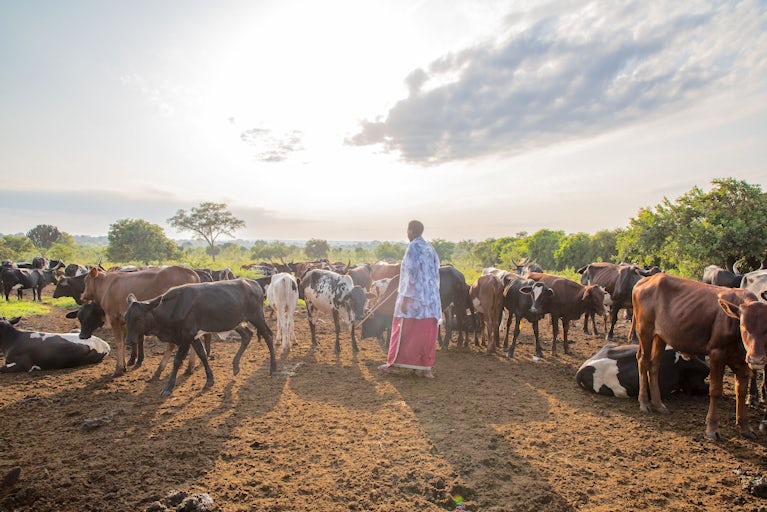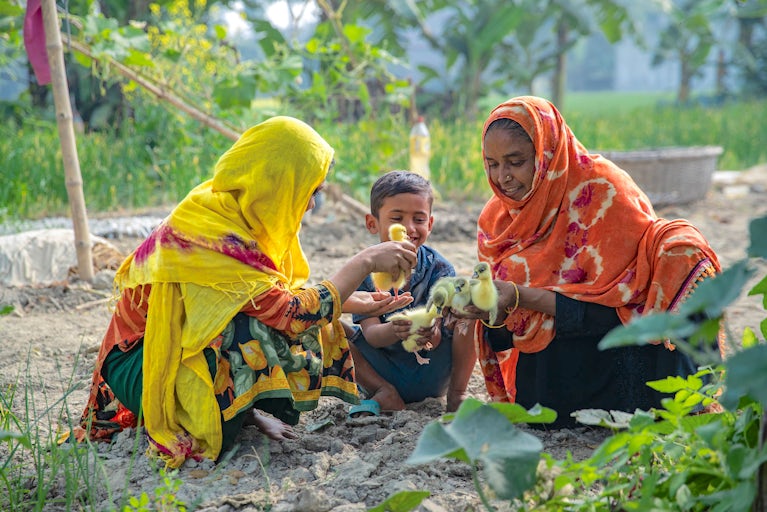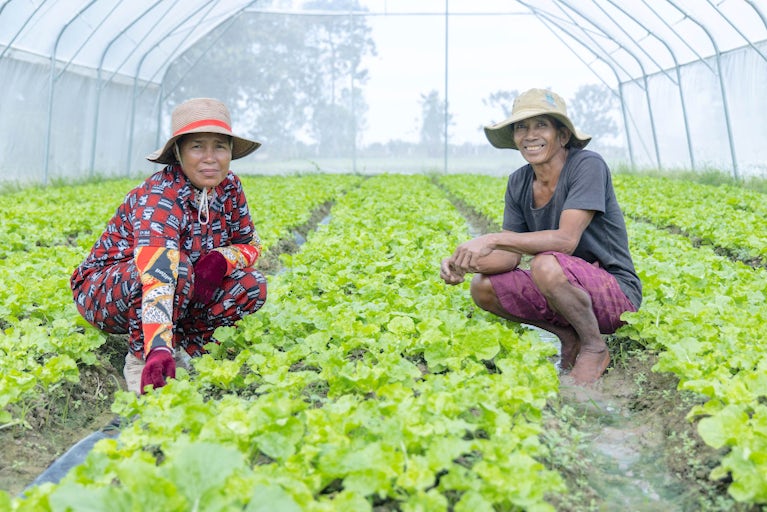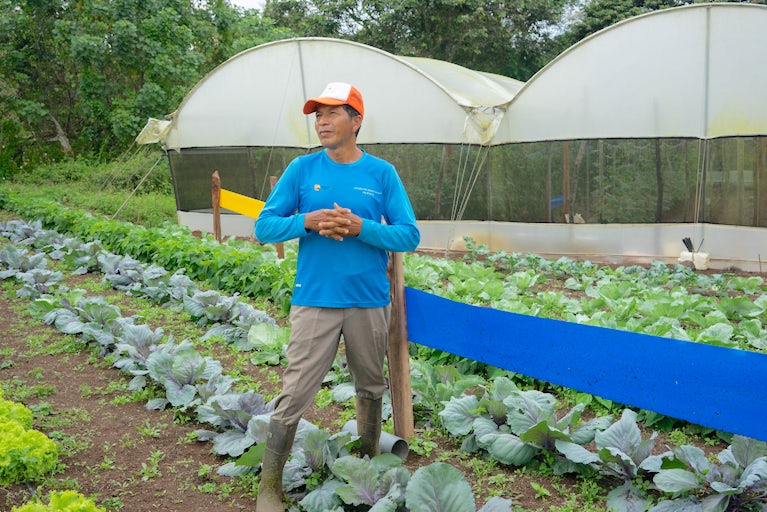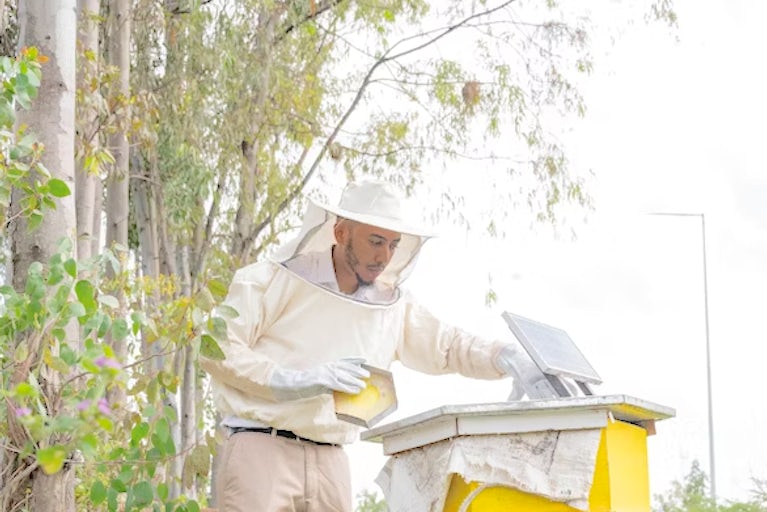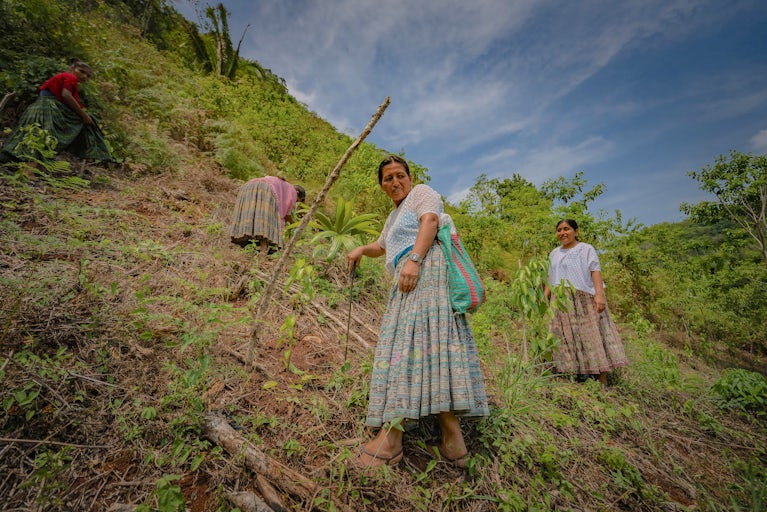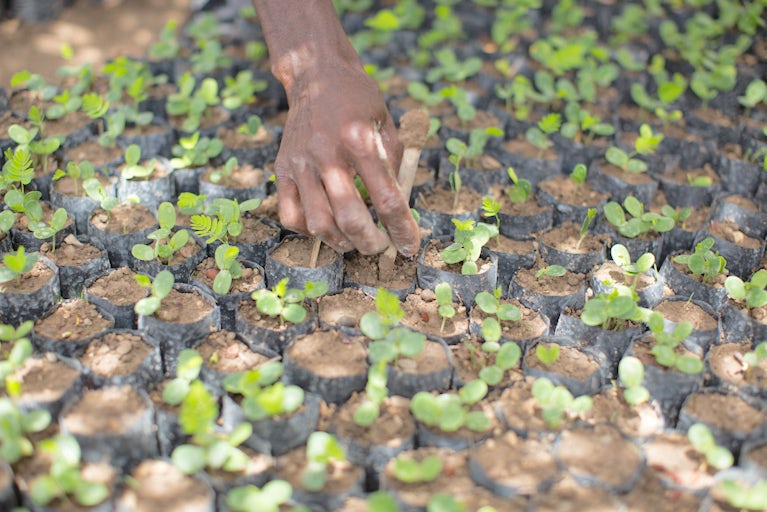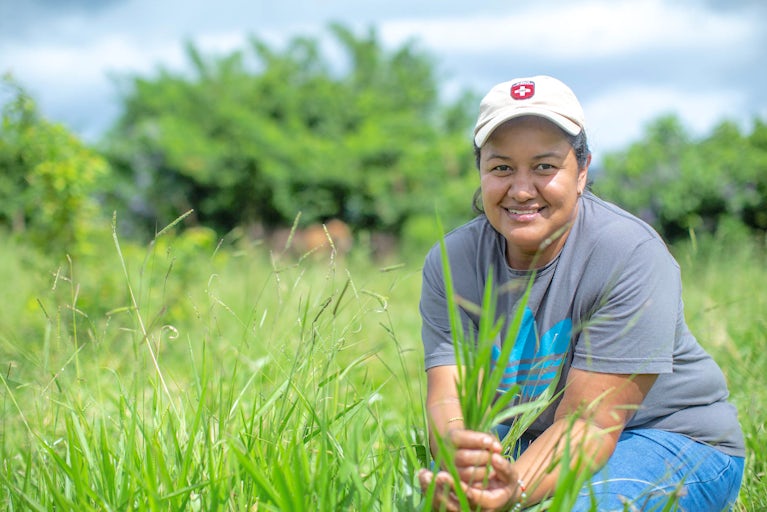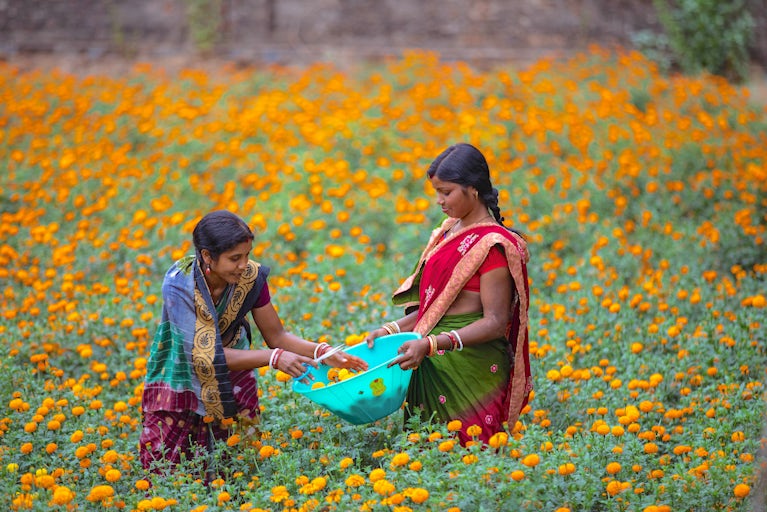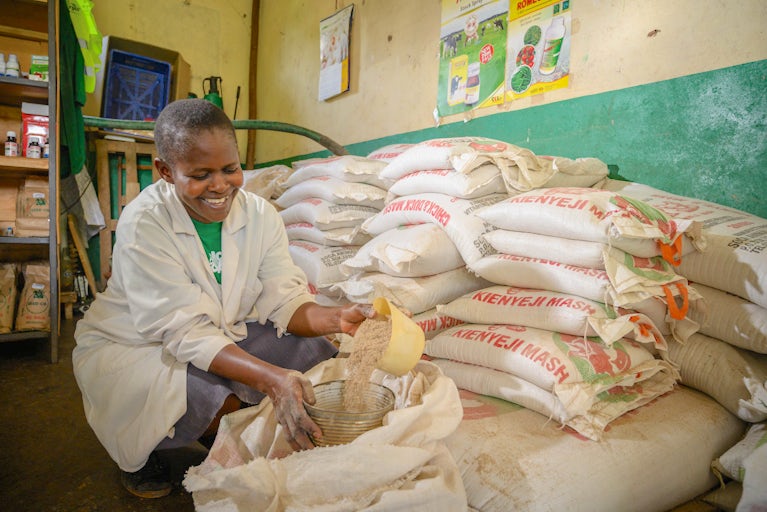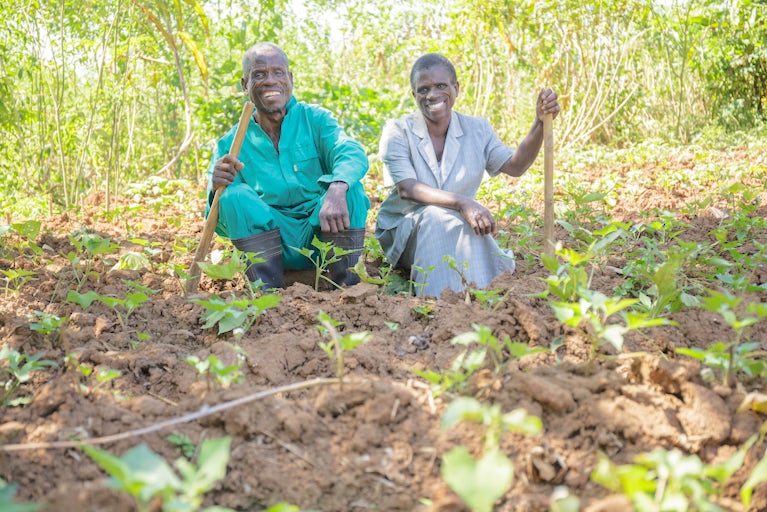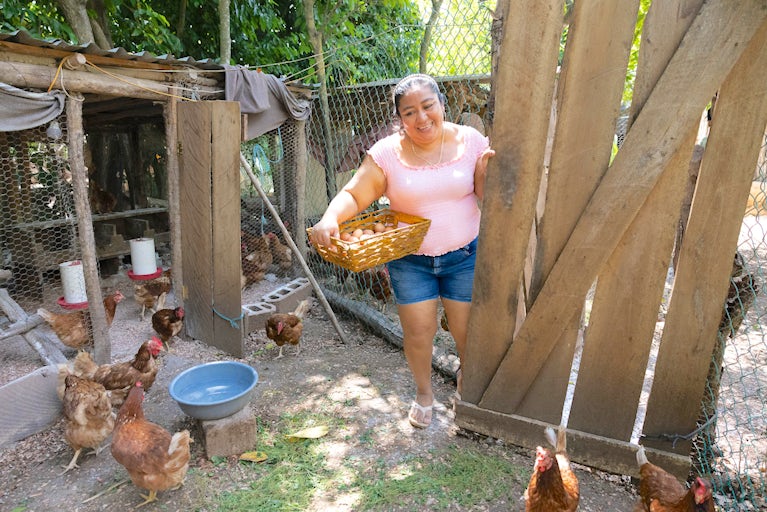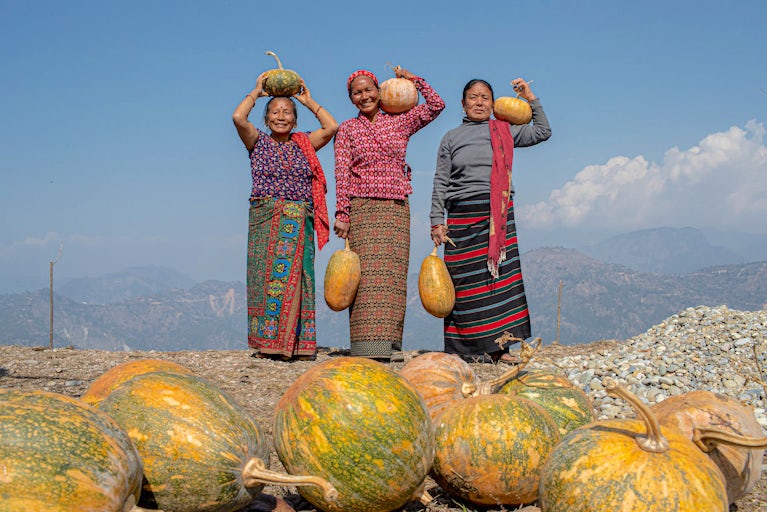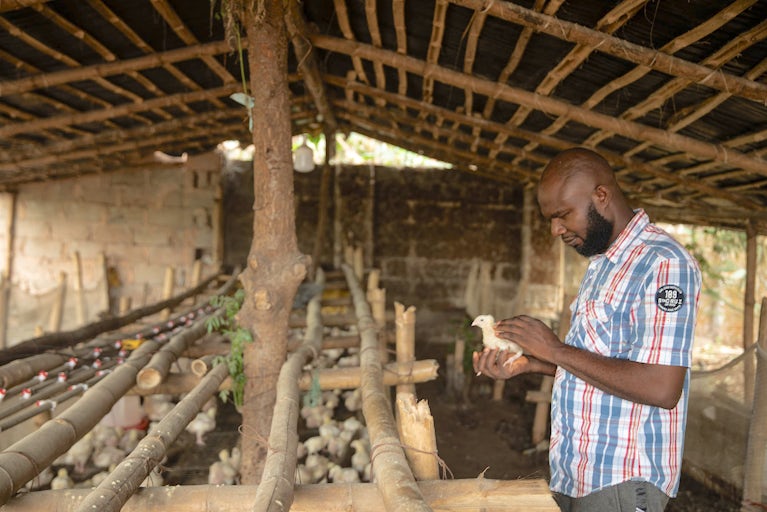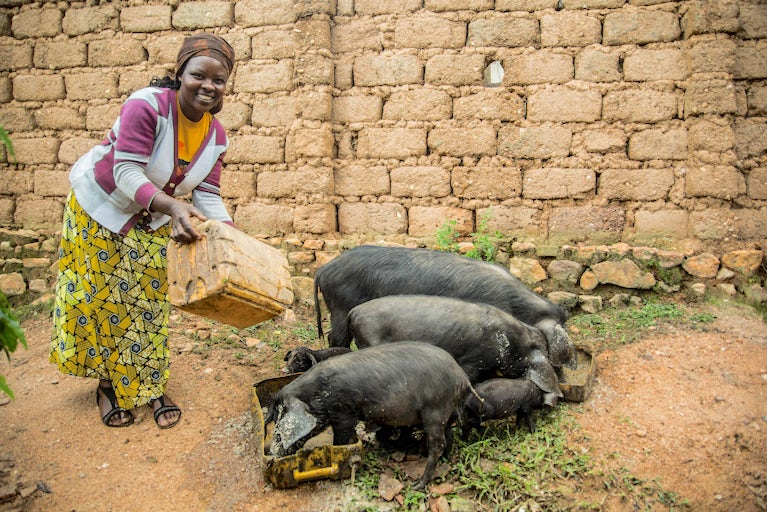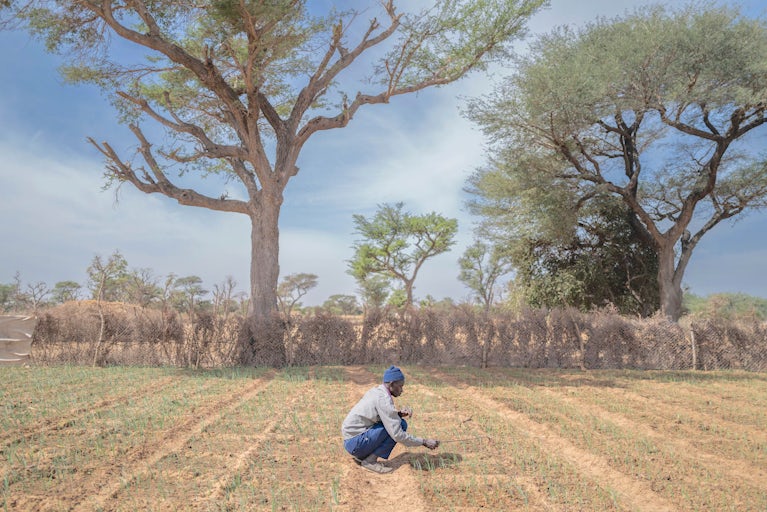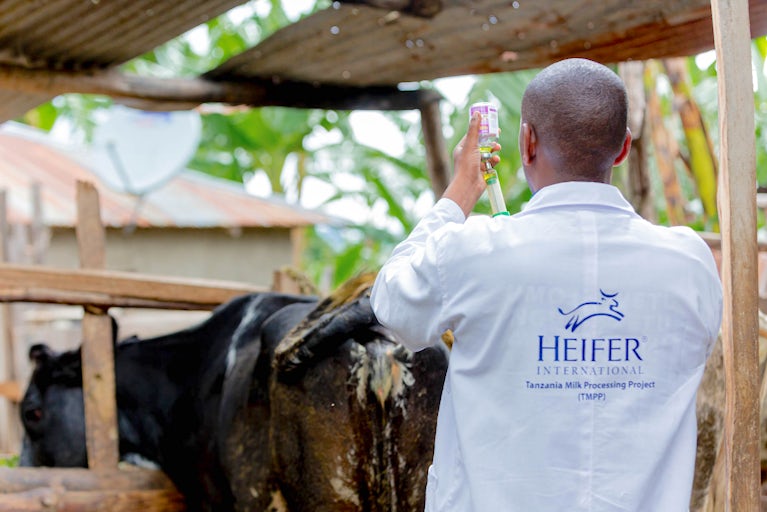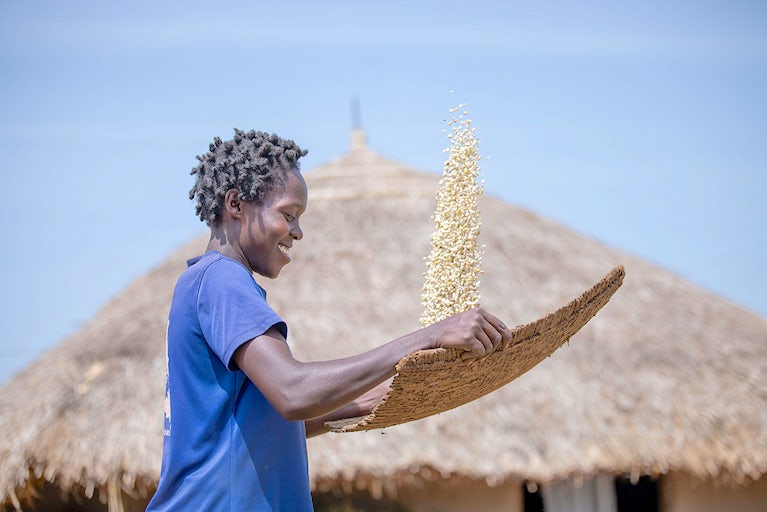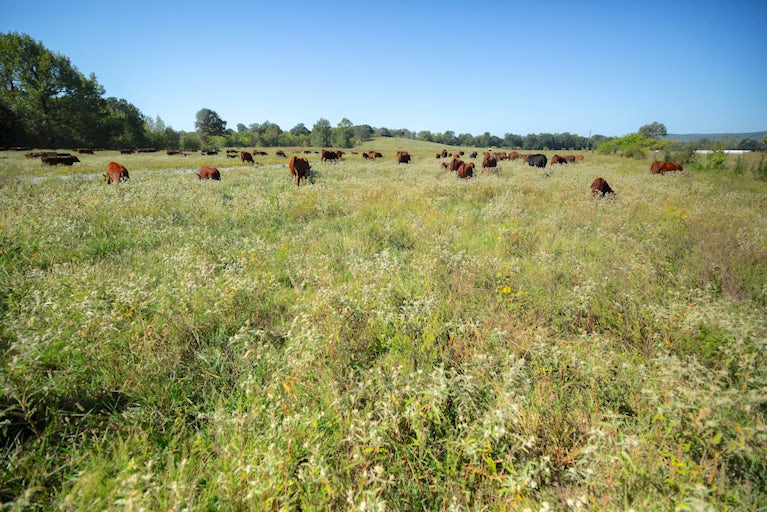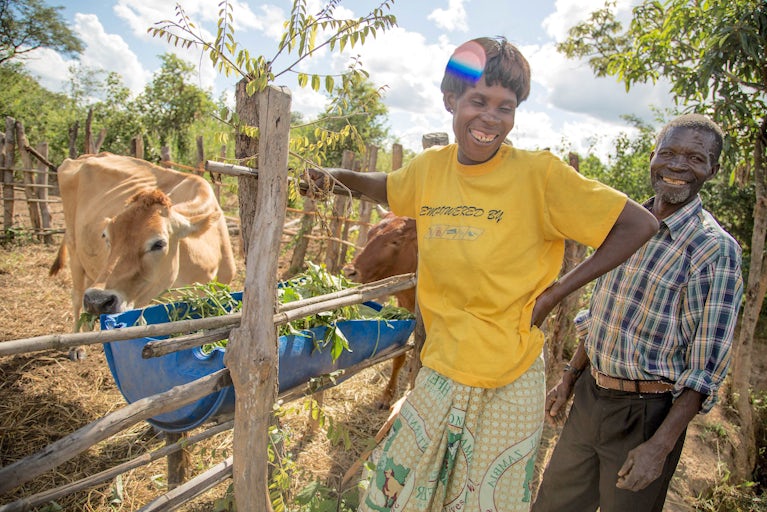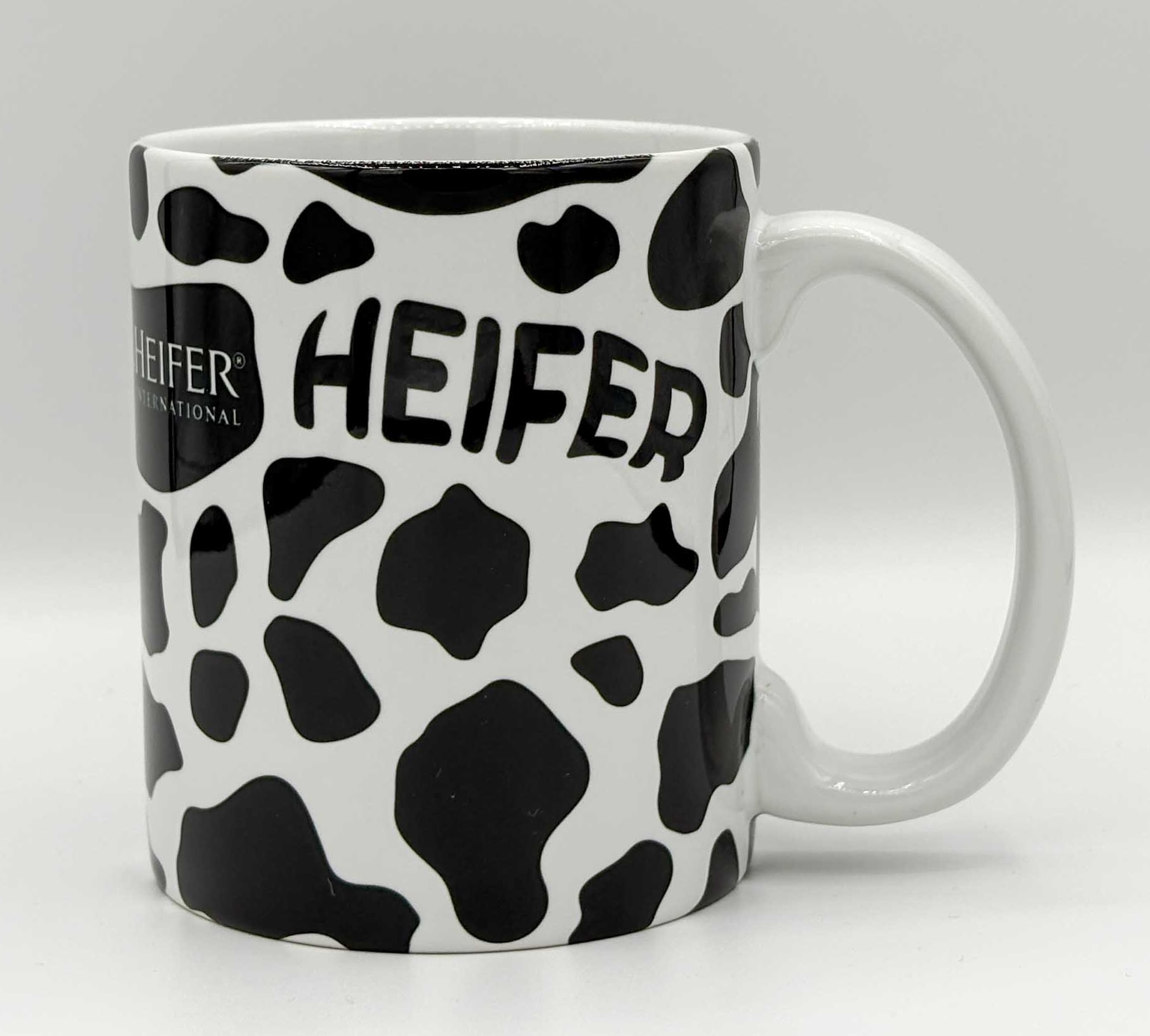Work & Income
Heifer International supports smallholder farmers to sustainably address hunger and poverty in their communities while caring for the Earth. We apply a food systems approach to helping farmers earn more income and to generate economic opportunity for rural women, youth and Indigenous populations.
Countries in which Heifer is currently operating
active participant households in Heifer programs
total sales by Heifer-supported agricultural enterprises in 2025
people trained by Heifer since 2012
of Heifer program participants in 2024 were women
households assisted since 1944
Value Chains Supported
Agave
Beekeeping
Beef Cattle
Coffee & Cacao
Crustaceans
Dairy
Eggs
Fish
Fruits & Vegetables
Grains & Cereals
Horticulture
Maize
Nuts
Oilseeds
Poultry
Rice
Small Ruminants
Spices
Swine
Our Approach
Heifer’s model is locally led, built on close collaboration with communities and key stakeholders to catalyze sustainable, scalable impact.

Community Development
We work with farming communities to establish strong social capital, building the foundation for program success.

Capacity Strengthening
We provide technical and business training to support farmers and cooperatives as they develop viable agribusinesses.

Connection to Markets
We facilitate new formal market avenues for farmers to profit and to drive economic growth in rural communities.

Partnerships
We work with strategic partners at all levels to connect farmers to opportunity and achieve sustainable impact at scale.

Leveraging Capital
Heifer leverages third-party investments to extend program dollars and generate impact at scale.

Harnessing Technology
Heifer invests in and deploys appropriate and accessible technologies with potential to transform smallholder farming systems.
Where We Work
Overcoming hunger and poverty takes a global village. That’s why we work alongside partners and farming families in 19 countries around the world.

Choose a country to learn more:


Our Programs
Our work is organized into Signature Programs that are focused on large-scale, measurable and sustainable impact achieved by building partnerships at all levels, including community organizations, farmer cooperatives, local and national governments, businesses and international funding institutions. Each program supports farmers through time-bound projects designed to increase their household income.

